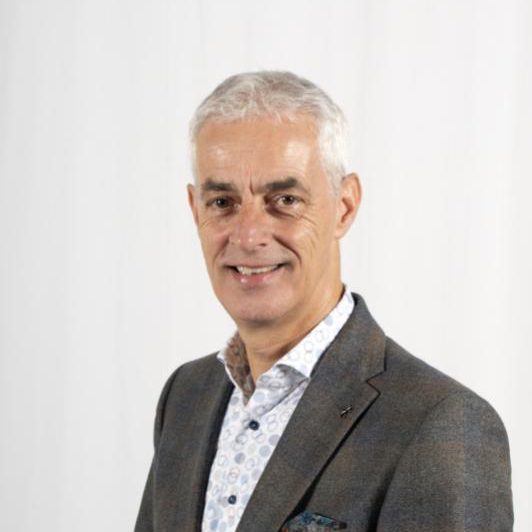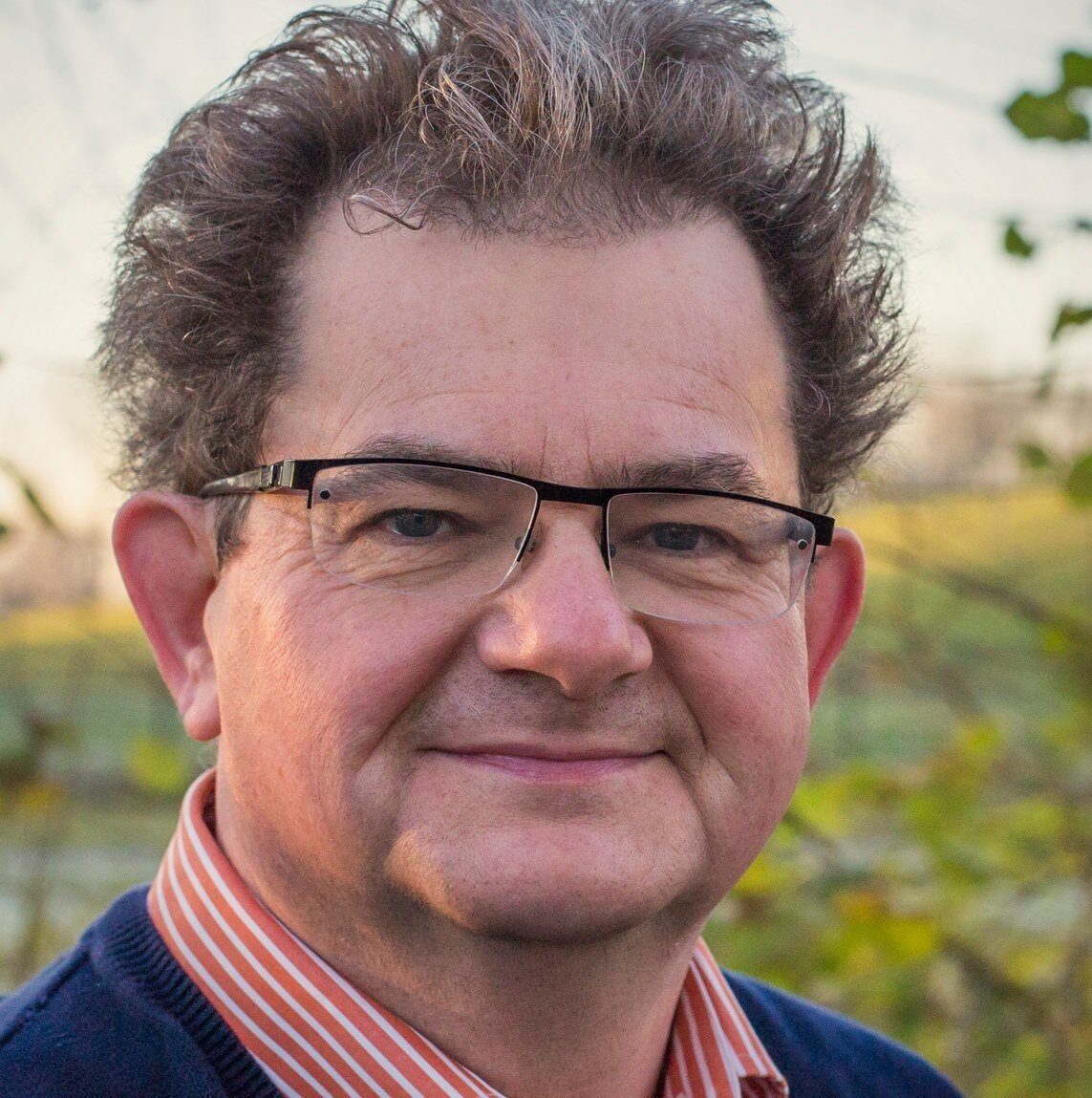7 steps of scenario planning in tourism
At ETFI we specialise in strategic foresight and scenario planning for the leisure, tourism and hospitality industry. We are the leading institution in Europe that uses this emerging approach for strategic planning for these sectors. By means of our unique ETFI method dozens destination management organisations, governments and leisure and tourism businesses became more resilient and future-proof.
Resilient and future-proof tourism organisations
Our partners use the scenarios as a source of inspiration to develop innovative courses of action to anticipate the challenges of tomorrow. These actions range from developing a new vision, concepts or business models to other strategies.
The ETFI scenario planning method is typically composed of 7 phases:
- Intake: formulating the strategic question, understanding its context and identifying key stakeholder groups
- Organisation: forming a steering group, a panel of representatives from key stakeholder groups and, if appropriate, a sounding board of experts
- Futures study: analysis of the external and/or internal environment which serves as input for the creative sessions
- Creative sessions: one or more moderated sessions lasting three hours where stakeholders will develop the framework and foundations for a few scenarios. This could be extended into additional visioning and/or strategy session(s).
- Crafting: based on the output of the creative sessions, different scenarios, a vision and strategic courses of action are crafted. Actions are evaluated for their robustness in each of the scenarios.
- Reporting: a lively report of the entire process and the outcomes of all steps taken during the way
- Servicing: we can offer you support for the implementation and maintenance of a strategic foresight approach in your organisation to becoming more resilient
Our scenario planning method is grounded in the following principles:
Study of existence
We believe that today’s society and business environment is complex, volatile, ambiguous and uncertain. This calls for a contemporary approach that not only embraces those characteristics but even takes it as a starting point.
Study of knowledge
In our opinion valuable and useful strategic knowledge can only be created through a creative process. During this process relevant stakeholders share their expertise, discuss and debate each other’s perspectives, and challenge each other’s paradigms. Such a process facilitates non-linear and out-of-the box thinking which allows for innovative directions.
Academic methods
According to us this process will only be successful if its facilitated by knowledgeable, skilled and experienced leisure, tourism and hospitality experts. These employ research and moderation techniques in a methodologically sound way.
In practice
We believe that the most effective way to manage and to become resilient to the challenges of tomorrow is to implement an adaptive approach to strategic planning grounded on strategic foresight.



